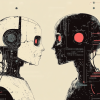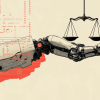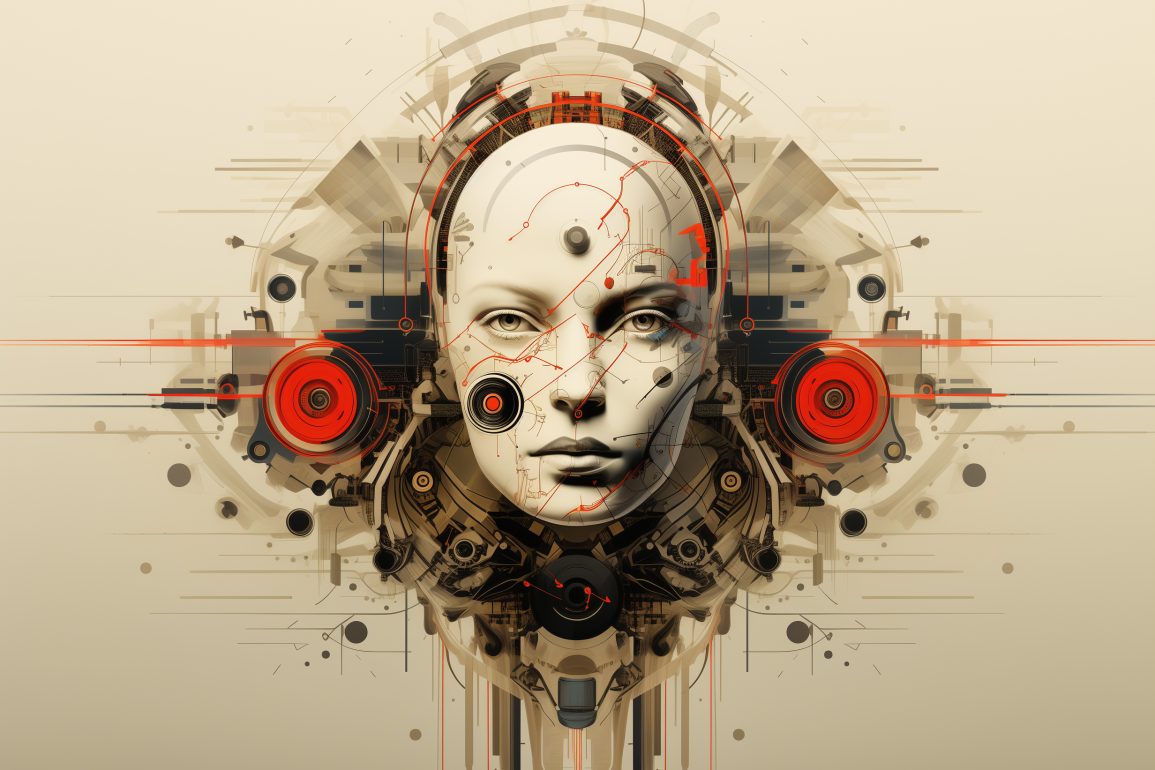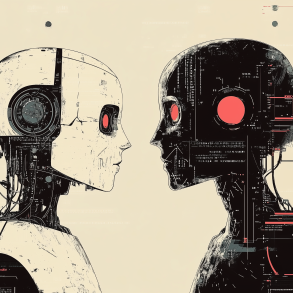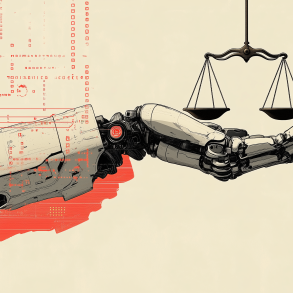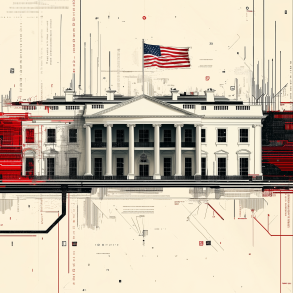Brad Lightcap anticipates future ChatGPT versions will overshadow current models while discussing AI’s impact on jobs and the economy
OpenAI’s Chief Operating Officer, Brad Lightcap, predicts that future iterations of ChatGPT will make current versions seem outdated. Speaking at the Milken Institute Global Conference on Monday, Lightcap stated: “I think we will look back in a year and realize how laughably bad they were.”
When asked about OpenAI’s business outlook over the next six to twelve months, he emphasized how primitive current AI systems are: “The kind of turn-based, almost kind of oracle-like system that ChatGPT is today… we don’t see it as a long-term engagement model for what these systems can do.”
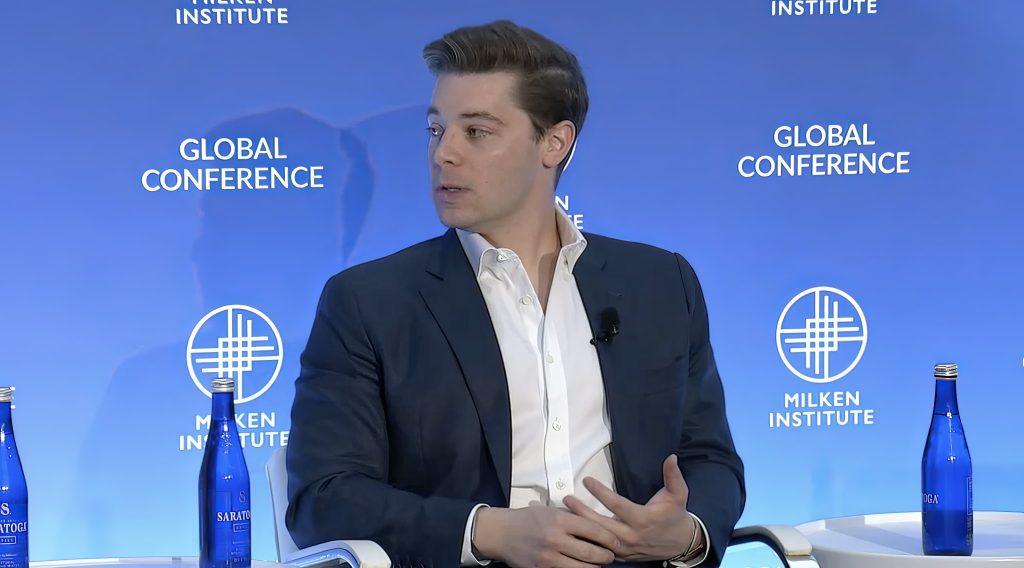
According to Lightcap, OpenAI envisions a significant transformation where AI will handle more complex tasks, resulting in a more “assistive relationship with users,” and serve as a “great teammate.” He described future AI models as capable of providing assistance akin to a friend or co-worker.
OpenAI CEO Sam Altman has similarly hinted that upcoming upgrades will be revolutionary. “GPT-4 is the dumbest model any of you will ever have to use again by a lot,” he remarked during a seminar at Stanford University.
Regarding concerns that generative AI will replace human workers and cause mass layoffs, Lightcap downplayed the fears, suggesting that future AI systems will instead create demand for jobs that don’t currently exist. “We have a much more diversified economy, we have a much more resilient economy,” he noted, predicting that the workforce will adapt as technology changes.
“The thing that actually concerns me is that we don’t adopt [AI] fast enough,” he said. “We are an economy where real GDP growth is not as high as it needs to be. There are massive areas in the economy that are ripe for the type of benefits I think this technology could bring.”
However, one major challenge facing AI is the technology’s demand for electricity. As OpenAI strives to build smarter systems, it will require more cutting-edge, power-hungry GPUs. “We think this is a big risk,” Lightcap stated. “There’s a really big divergence there [and] one of the great challenges society is going to have to grapple with in the next few years.”
Despite the hurdles ahead, Lightcap remains optimistic about the future potential of AI and its transformative impact on the workforce and economy
Image – @ AI Innovation Times – All Rights Reserved
